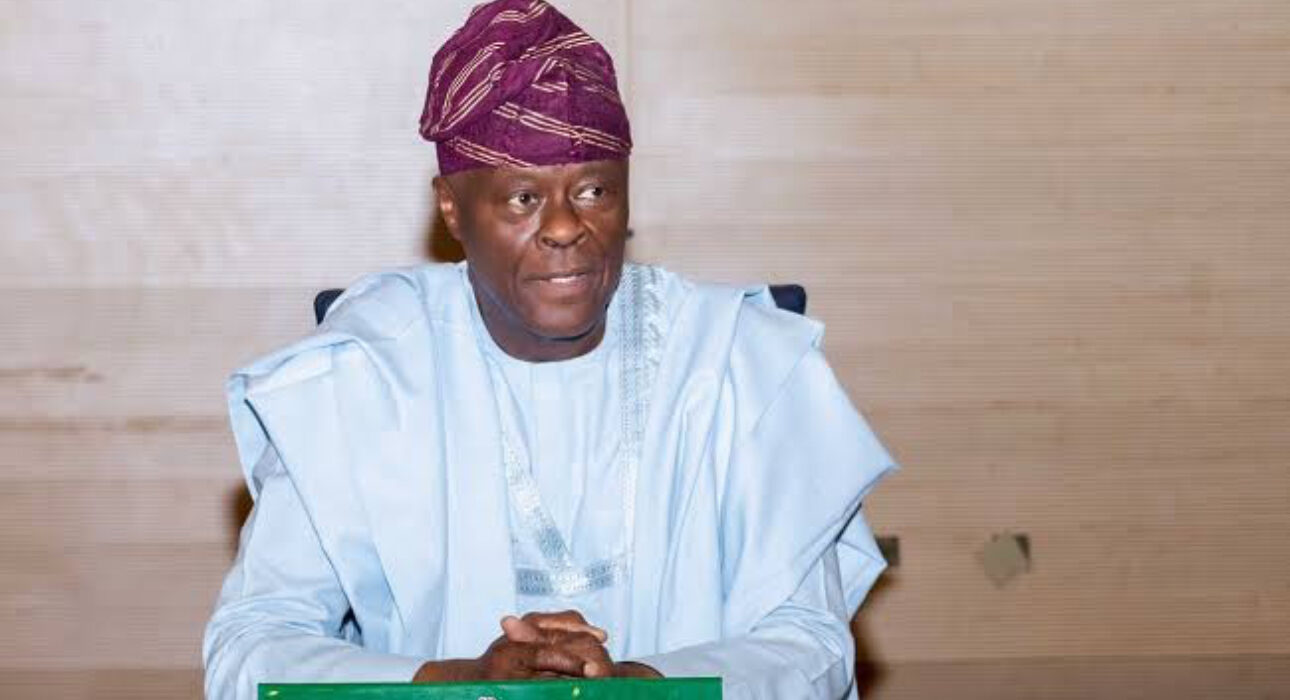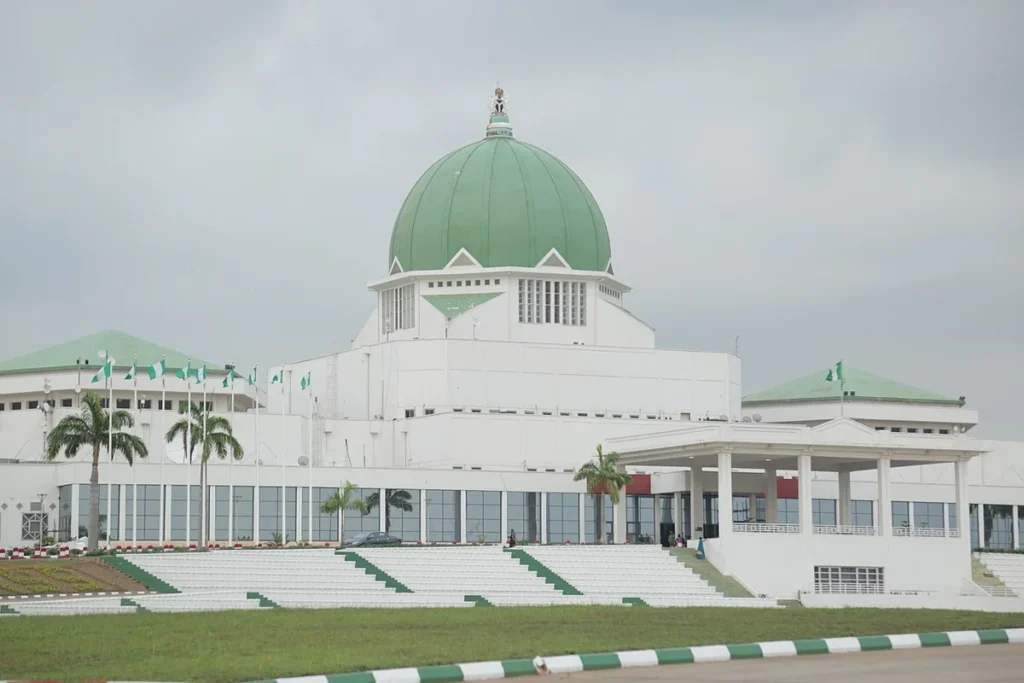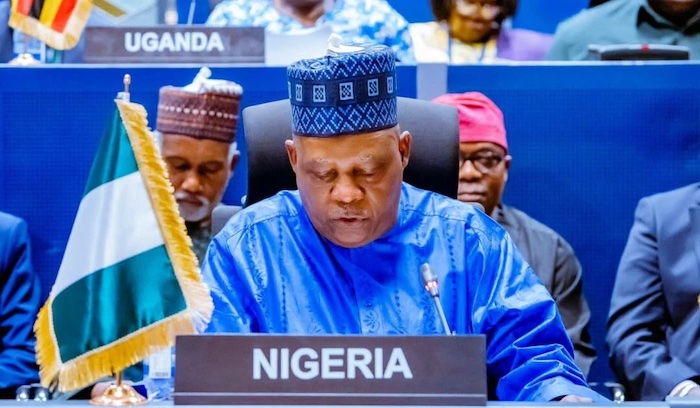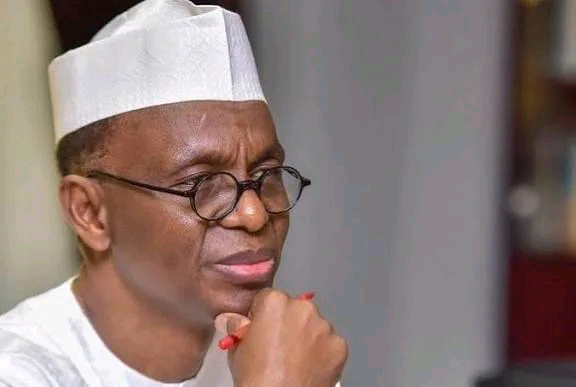Nigeria’s Revenue Hits ₦6.9 Trillion in Q1 2025, Driven by Reforms – Wale Edun

The Federal Government of Nigeria recorded a significant fiscal boost in the first quarter of 2025, with total revenue generation reaching ₦6.9 trillion, according to Minister of Finance and Coordinating Minister for the Economy, Wale Edun The figure represents a 40 per cent increase compared to the ₦5.2 trillion generated in the same period last year.
The disclosure came during the Citizens and Stakeholders’ Engagement Session on 2025 second-quarter priorities, held in Abuja on Monday. Edun attributed the revenue growth to the success of the Tinubu administration’s sweeping economic reforms, particularly in the areas of foreign exchange liberalization and enhanced government revenue collection systems.
“These results are the outcome of bold reforms — ending petrol subsidies, allowing market-reflective forex rates, and plugging leakages through automation and transparency,” Edun said.
He explained that the dismantling of the black-market foreign exchange system played a significant role by narrowing the exchange rate gap and boosting official forex inflows. Additionally, the implementation of technology-driven revenue collection mechanisms helped seal long-standing leakages across ministries, departments, and agencies (MDAs). The elimination of petrol subsidies also freed up funds for government expenditure and investment.
Perhaps most notably, the Minister highlighted a major shift in the country’s debt servicing profile. As of the end of 2024, debt servicing accounted for approximately 60 per cent of government revenue, a dramatic improvement from 150 per cent in recent years.
Edun also confirmed that the federal government is no longer borrowing from the Central Bank’s Ways and Means facility, a practice previously criticized for fueling inflation and fiscal indiscipline. “For the first time in years, we are operating without resorting to Central Bank overdrafts,” he added.
The finance minister also disclosed that Nigeria’s external reserves have surged from less than $3 billion in 2023 to over $23 billion, largely due to improved investor confidence and stable macroeconomic indicators.
Annual government revenues, he said, have climbed from ₦12.5 trillion in 2023 to ₦20 trillion in 2024, showing a steady rise in the government’s fiscal capacity.
Reforms are also beginning to attract greater foreign direct investment. Edun cited a potential livestock venture from Brazil and Shell’s $5.5 billion oil investment while also noting progress on the government’s compilation of a ₦38 trillion national asset register.
Analysts say these developments suggest a turning point for Nigeria’s fiscal health, even though inflation and cost-of-living pressures remain acute for many Nigerians.
With these figures, the Tinubu administration is expected to maintain pressure on implementing further reforms in tax administration, subsidy control, and public asset management.
“We have laid the foundation. Now, we must accelerate inclusive growth to ensure these gains translate into improved livelihoods,” Edun concluded.
As the government enters Q2, attention is expected to shift toward social investment, infrastructure, and job creation as key components of converting macroeconomic gains into tangible public benefit.








